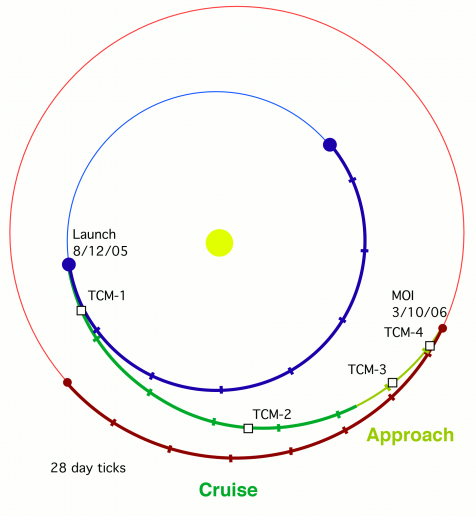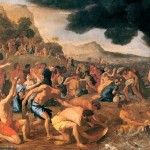
If you were stranded alone on Mars for years, could you survive? I hear what you’re thinking: “I wouldn’t go to Mars, dude, the question is irrelevant.” True–it hasn’t actually happened to anyone yet; so far, it’s just the plot for a great novel and a pretty good movie. My wife and I enjoyed “The Martian” and highly recommend it as date-night entertainment; she’s read the book and loved it enough to read me several passages out loud.
The virtue of Andy Weir’s story of a marooned astronaut is to remind us vividly of the merciless reality of cause and effect. The things we do have consequences: a little too much oxygen, and a mundane fire becomes a massive firebomb. Survival has requirements: too few calories in the cabinets, by even a few days, and starvation will precede the interplanetary care package. Astronauts do not plan on miracles. No matter how smart they are, the geniuses at NASA’s Jet Propulsion Laboratory (JPL) cannot break the laws of physics.
“They say no plan survives first contact with implementation. I’d have to agree.”
― Mark Watney in The Martian
In my last post, I argued that we have to face facts about the church if we’re going to survive. Like NASA calculating orbital trajectories, we have to recognize that the church is subject to forces like demographics and economics. Denial is not an honest disposition. We can pray sincerely for miracles, and I believe as much as any faithful Christian that God can and does perform them for us. But it’s a constant miracle that our very atoms don’t disintegrate; we should be grateful for what we have and plan to cope with the very same natural and social forces that God made to hold us together. Gravity can be our servant if we show it the respect to understand it.

Scripture doesn’t pull any punches on facing facts and planning. We are urged to follow Christ as disciples with the realism and precision of an architect building a tower or a king going to war (Luke 14:25-35). We are urged to emulate the industry of the ant in its foresight, storing provisions (Proverbs 6:6-8).
Do we have the fortitude to see the future of our churches as clearly as Mark Watney sees his potato farming? Watney could have spent his last days complaining about being left behind and starving. Instead, he got down to growing potatoes.
It may be gratifying to us to blame politicians or Hollywood or denominational officials or even our pastors for our congregations’ problems. But if our youth program is a beanbag chair and a couple of Christian comic books, we’re doomed, and we have no one to blame but ourselves.
Let’s be earthly Martians and science the, er, daylights out of being church. We will do some heavenly good.
As promised, the next post will be about the book Church Refugees. The church has a serious talent retention problem, and we need to talk about it.












